TikTok has made Russia, China, and the United States stand on the same position rarely. In these countries, TikTok is subject to varying degrees of restrictions.
The US House Energy and Commerce Committee unanimously passed the divestiture bill of ByteDance’s TikTok with a 50:050 vote. However, in the legal process, there is still a long way to go for this bill to become official law.
It is reported that this divestiture bill will force ByteDance to sell TikTok, otherwise, app stores such as Apple and Google will be forced to stop providing network hosting services for TikTok, and TikTok will also be unable to do business with other American companies.
The incident originated from local time on March 5th, when US House members proposed a bipartisan bill requiring ByteDance to divest its control of its short-video app TikTok within 165 days. The bill still needs to be approved by the US Congress.
It is understood that the bill is called the “Protecting Americans From Foreign Adversary Controlled Applications Act,” which was jointly proposed by more than ten members of Congress, including Republican Representative Mike Gallagher of Wisconsin and Democratic Representative Raja Krishnamoorthi of Illinois.
In addition, the bill also gives the president new powers to take corresponding actions against social media applications controlled by companies headquartered or registered in certain countries, such as bans or restrictions. To avoid being banned, such applications need to cut off their connection with the physical company by selling shares. The bill requires foreign competing entities to not own more than 20% of the equity of the application company.
A memo from the committee said that the “Protecting Americans From Foreign Adversary-Controlled Applications Act” “addresses the urgent national security risks posed by TikTok and establishes a framework for the executive branch to protect Americans from future applications controlled by foreign adversaries.”
After the divestiture bill was proposed, TikTok joined forces with its users to fight back. When users open the TikTok app, a message pops up – “Stop TikTok from being shut down. Let Congress know what TikTok means to you and tell them to vote no.” TikTok urges users to oppose the new legislation, and the message is accompanied by a button option to call the congressman.
The resistance movement launched by TikTok has not achieved obvious results. The US House Energy and Commerce Committee unanimously passed the divestiture bill with a 50:050 vote. However, there is still a long way to go for this bill to become official law. Subsequently, the bill will be submitted to the House of Representatives for full review. After passing, it needs to be submitted to the Senate for review. If approved by both houses of Congress, the bill will be submitted to President Joe Biden, whose government team has expressed support for the bill.
It should be noted that on February 11, Biden’s campaign team officially joined TikTok. His campaign adviser said that the account is operated by the Biden-Harris team and will regularly post content on other social media such as Instagram. On the same day, Biden’s campaign team posted the first video on TikTok, answering a series of questions that young people prefer, such as who will win the “Super Bowl” championship game.
The American Civil Liberties Union opposes the TikTok divestiture bill, claiming that it “will violate the rights granted by the First Amendment to the US Constitution for hundreds of millions of people who use this app every day to communicate and express themselves.”
A spokesperson for the TikTok company responded to the bill, saying: “In any case, this bill is a complete ban on TikTok. This legislation will trample on the First Amendment rights of 170 million Americans and deprive 5 million small businesses of the platform on which they depend for development and job creation.”
Previously, the Ministry of Foreign Affairs responded to the issue of TikTok being banned, saying, “We have always advocated that data security issues should not be used by individual countries as a tool to broaden the concept of national security, abuse state power, and unreasonably suppress companies in other countries. The US has failed to present evidence to prove that TikTok poses a threat to US national security. The US should stop spreading false information on data security issues, stop unreasonably suppressing relevant companies, and create an open, fair, just, and non-discriminatory business environment for companies from all countries to invest and operate in the US.”
The sale bill has been passed, but perhaps it is not allowed to be sold, and TikTok is in a dilemma.





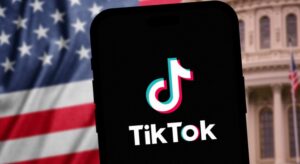



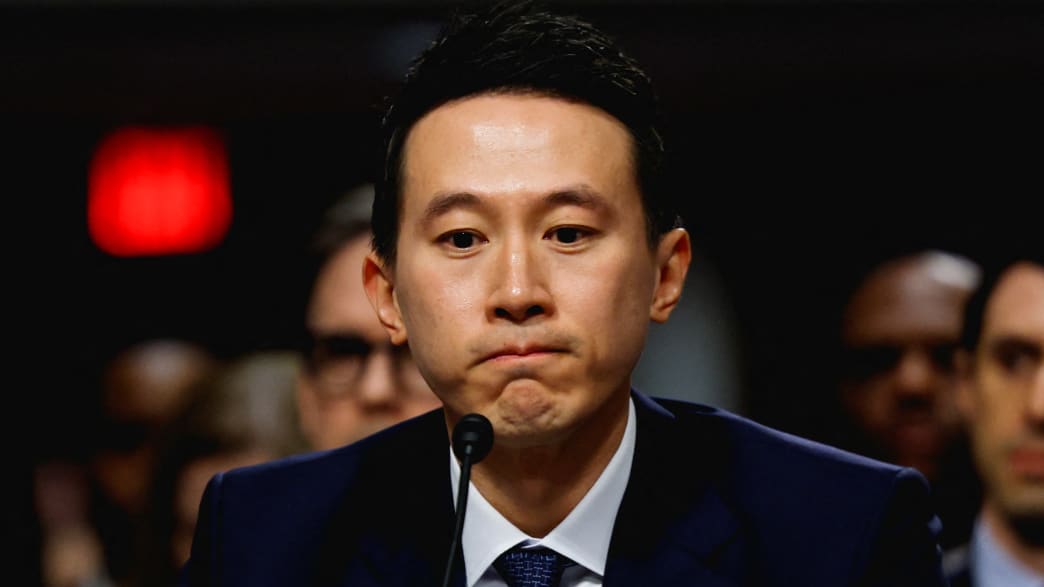
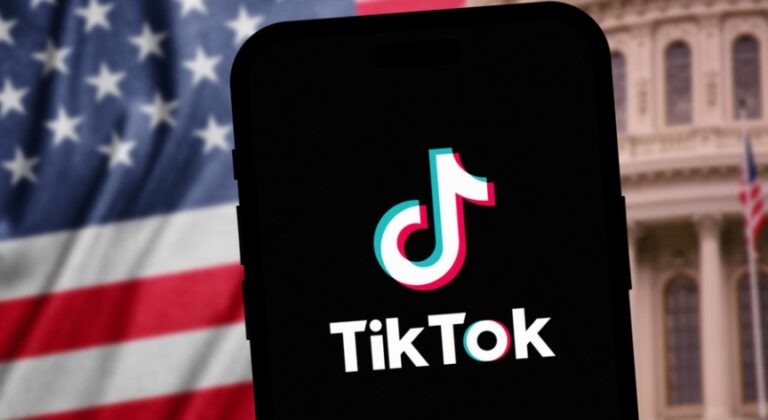
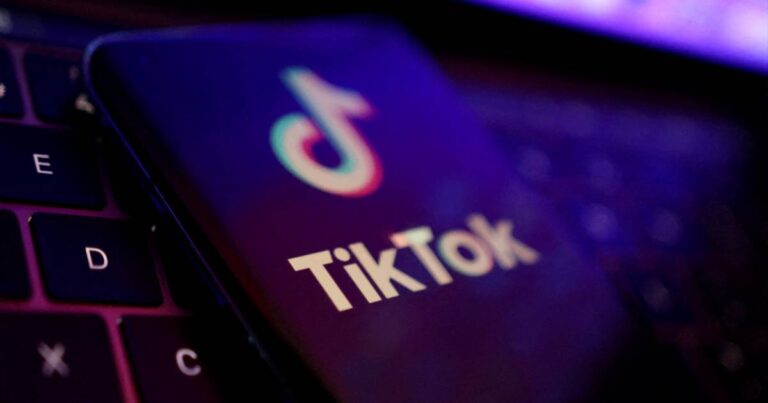
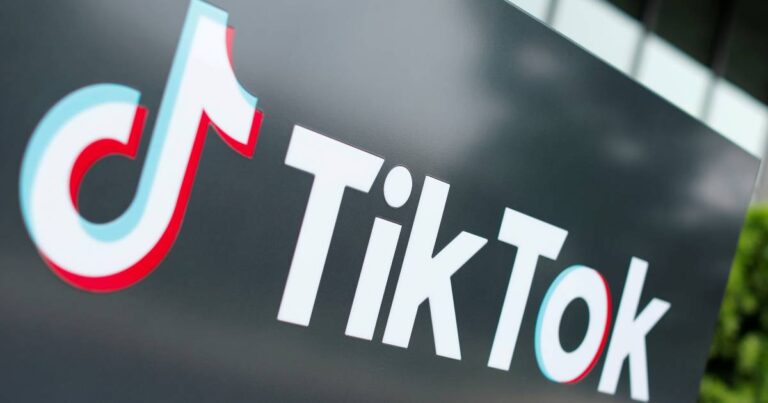
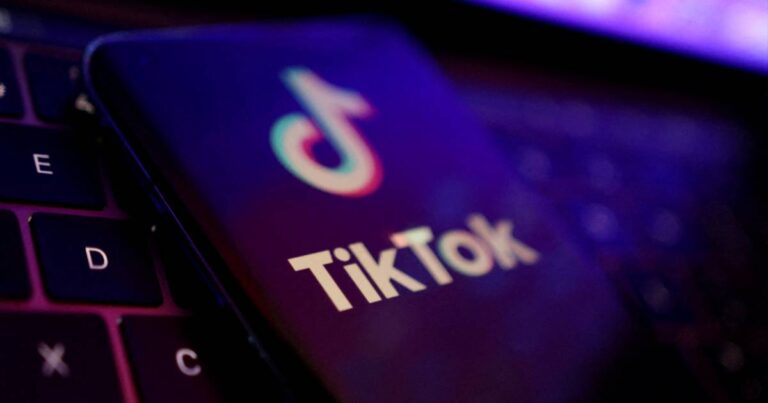
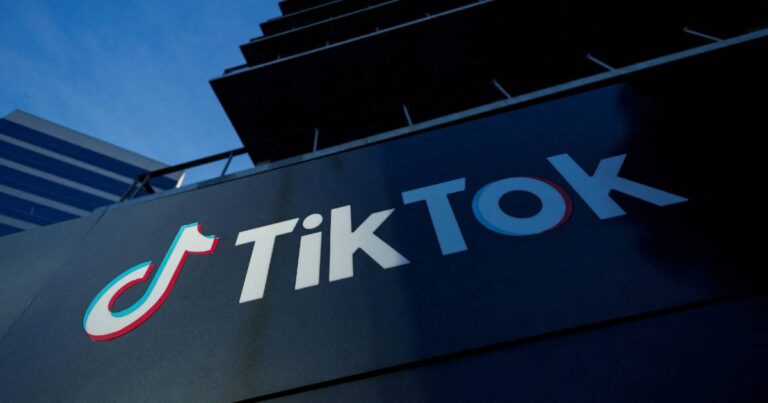


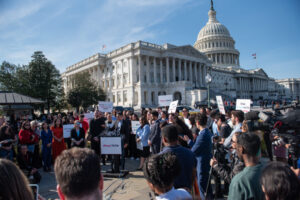



+ There are no comments
Add yours